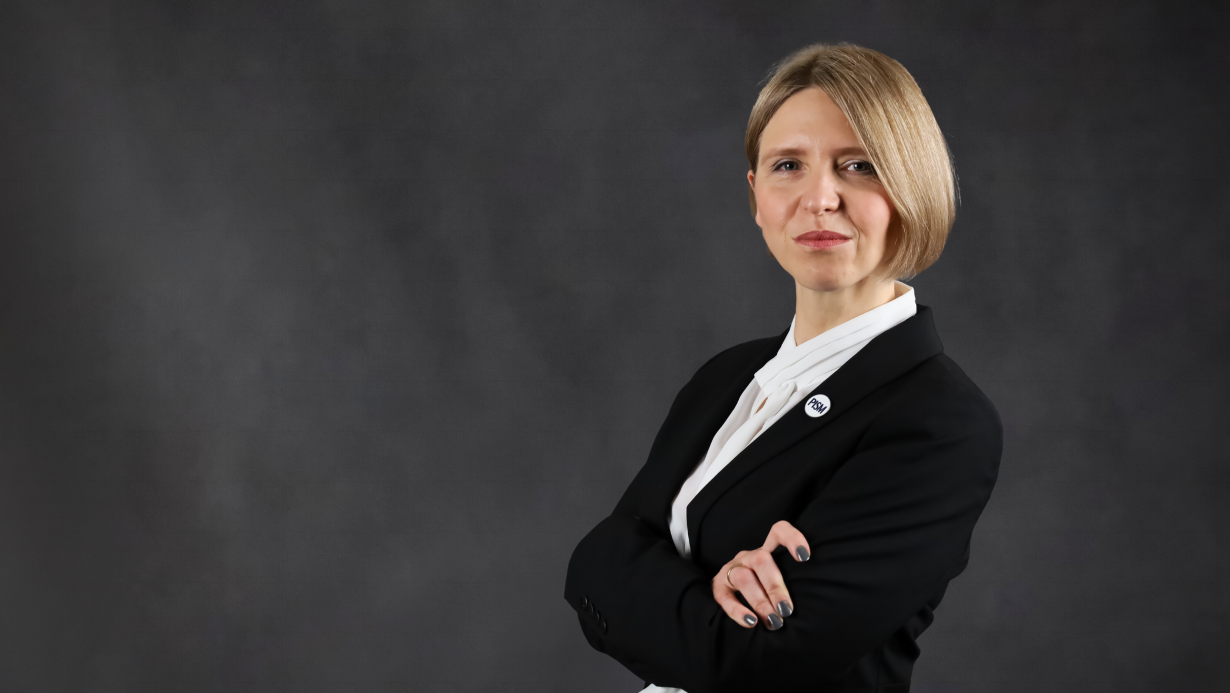Prigozhin's Revolt Holds Implications for the Putin Regime in Russia
On 23-24 June, Russia witnessed a military revolt by the Wagner Group, a private military company led by Yevgeny Prigozhin. This was the most serious crisis in the political system in Russia since the beginning of Putin’s presidency and weakened him. It will become increasingly difficult for him to act as an arbiter between factions competing for influence and to remain a guarantor of security for the power elite.
.jpg) STRINGER / Reuters / Forum
STRINGER / Reuters / Forum
What happened?
On 23 June, Prigozhin accused the Russian army of carrying out an attack on a Wagner Group training camp located in occupied Ukrainian territory. In response, on 24 June, Prigozhin crossed the Russian border and, without resistance, occupied the city of Rostov-on-Don, which is the location the main logistical hubs safeguarding Russian troops in Ukraine. He demanded talks with the defence minister and then ordered a “march of justice” on Moscow to tackle the perpetrators of the attack. The rebels occupied town after town, where they were met with a warm reception from Russian civilians. Russian federal forces, despite presuming to attack the convoy, failed to stop it and suffered losses. It was only after negotiations with Belarusian leader Alexander Lukashenka that Prigozhin abandoned the march on the capital, stopping just 200km from the city. The agreement includes Prigozhin leaving for Belarus and the Wagner Group returning to camps in Ukraine.
Why did the rebellion happen?
The revolt was the result of Prigozhin’s growing dispute with the Russian army and Putin’s inaction in stopping the increasingly independent Wagner Group leader earlier. The immediate cause was the new regulations adopted in June that from 1 July this year all volunteer formations, including the Wagner Group, were to come under the control of the Russian Ministry of Defence. Prigozhin interpreted this decision as a loss of patronage of the Russian president, a restriction of the Wagner Group’s autonomy to operate in Ukraine, and a deprivation of the influence he had gained since the invasion of Ukraine. He decided to force Putin’s hand to obtain security guarantees for himself and his troops. He also wanted to test the support he enjoys among the Russian society and power elite. It is less likely that Prigozhin’s action is part of a wider conspiracy involving some in the power elite.
What's next for Putin?
Prigozhin’s rebellion has undermined Putin’s position as a strong and capable Russian leader. As Prigozhin’s convoy advanced on Moscow, the Russian president found himself on the defensive and was forced to negotiate with the rebel even at the cost of damage to the leader’s image. Putin will emerge weakened from this clash, although he will retain power at least for the short term. No member of the elite has so far officially sided with Prigozhin. Putin’s weakness means that there may nevertheless be a split in the power elite and that aspirations to overthrow the president may become apparent. Indeed, with a view to the upcoming presidential election in 2024, the Russian power elite will begin to wonder whether Putin is capable of remaining a guarantor of state stability and security and, at the same time, of their own fortunes. To prevent this, Putin may put forward his own candidate to guarantee the survival of the system.
What does this mean for the system of power in Russia?
Prigozhin’s rebellion—and activity more broadly—is demoralising for those within the system of power in Russia. This is because the Russian authorities have lost their monopoly on the use of violence, which may encourage further occurrences (revolts) by armed paramilitary groups in the future. Despite the decline in confidence in Putin, the power system in Russia will not change, although its weaknesses are now more apparent. The president will not opt for radical decisions, such as the dismissal of the defence minister or chief of the general staff, so as not to give the impression that he is succumbing to the pressure. Instead, he will use the special services to detain and try political opponents, including possibly attempt the assassination of Prigozhin. This will lead to increasing degradation of a system that is currently incapable of modernising and providing security for the power elite, and in turn will be vulnerable to further attempts at subversion and destabilisation.
What could be the consequences of the rebellion for Russia in Ukraine?
The aggression against Ukraine is no longer a priority for the Russian power elite. What will now be crucial is ensuring the survival of the political regime, that is, strengthening internal structures and eliminating the threat of a renewed revolt by Prigozhin or another warlord. For this reason, the Russian military will concentrate on defending territorial gains in Ukraine and avoid deploying more forces to the Ukrainian front. At the same time, the authorities will accelerate the subsumption of paramilitary groups in the occupied territories so that they do not compete with the army. Before the 2024 presidential election, Putin will not enter peace talks with Ukraine, as this would be seen as weakness. Another wave of political instability in the country could force Russia to withdraw from parts of Ukrainian territory.





.jpg)